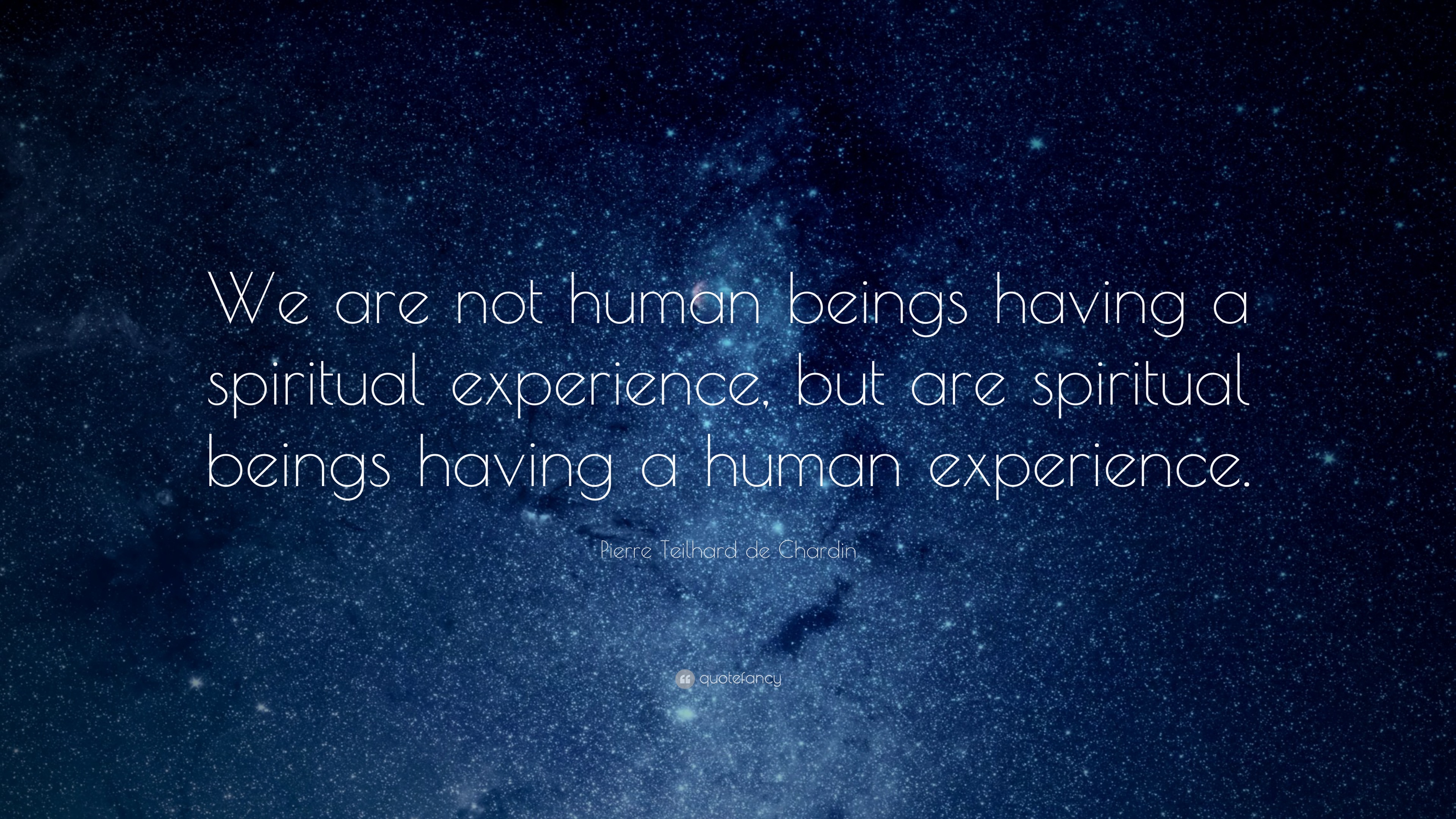
 Perceptions: How the person views the experience based on their expectations, which are evaluated against success (whether they could achieve their goal), effort (how easy or hard it was), and emotion (how they felt). Expectations: What a person anticipates will happen during an experience. Experiences: What actually happens to a person during an interaction. Organizations actively need to shape how people process and respond to their experiences by managing the five elements of the Human Experience Cycle. Just recognizing this connection isn’t enough, however. So if organizations want to drive profitable behaviors, they need to recognize the ways in which people’s experiences affect how they think, feel, and act toward their business. Like whether they purchase more products, recommend the business to friends, or stay late at work. And that experience - whether it’s mundane, transformative, or something in between - is going to generate an emotional response, which in turn will influence their attitudes and inform their future behaviors. This means that whenever someone interacts with an organization, they will have an experience. They can be as boring as responding to a work email or as life-changing as having a child. Understanding the basics of human behaviorĮxperiences are how human beings interface with the world. This means embracing how people actually think and feel, catering to their needs and preferences, and then translating those insights into engaging experiences. Consequently, neglecting the human-side of XM is a huge and costly mistake.īefore you can effectively manage experiences, however, you must understand the needs and preferences of people across your ecosystem. Everyone who encounters your organization is a person, and how they think and feel about their experiences with your business is going to affect their loyalty to your company and, ultimately, your bottom line. What do these groups have in common? They are all made up of people. Why human behavior is important to XMĬustomers.
Perceptions: How the person views the experience based on their expectations, which are evaluated against success (whether they could achieve their goal), effort (how easy or hard it was), and emotion (how they felt). Expectations: What a person anticipates will happen during an experience. Experiences: What actually happens to a person during an interaction. Organizations actively need to shape how people process and respond to their experiences by managing the five elements of the Human Experience Cycle. Just recognizing this connection isn’t enough, however. So if organizations want to drive profitable behaviors, they need to recognize the ways in which people’s experiences affect how they think, feel, and act toward their business. Like whether they purchase more products, recommend the business to friends, or stay late at work. And that experience - whether it’s mundane, transformative, or something in between - is going to generate an emotional response, which in turn will influence their attitudes and inform their future behaviors. This means that whenever someone interacts with an organization, they will have an experience. They can be as boring as responding to a work email or as life-changing as having a child. Understanding the basics of human behaviorĮxperiences are how human beings interface with the world. This means embracing how people actually think and feel, catering to their needs and preferences, and then translating those insights into engaging experiences. Consequently, neglecting the human-side of XM is a huge and costly mistake.īefore you can effectively manage experiences, however, you must understand the needs and preferences of people across your ecosystem. Everyone who encounters your organization is a person, and how they think and feel about their experiences with your business is going to affect their loyalty to your company and, ultimately, your bottom line. What do these groups have in common? They are all made up of people. Why human behavior is important to XMĬustomers. 
Understanding human behavior – how and why people act the way they do – can help you design and execute more emotionally engaging experiences.

Discover why universal human behavior traits are key to a successful XM activation.Įxperience management (XM) is becoming increasingly vital to organizations’ long-term business success.







 0 kommentar(er)
0 kommentar(er)
